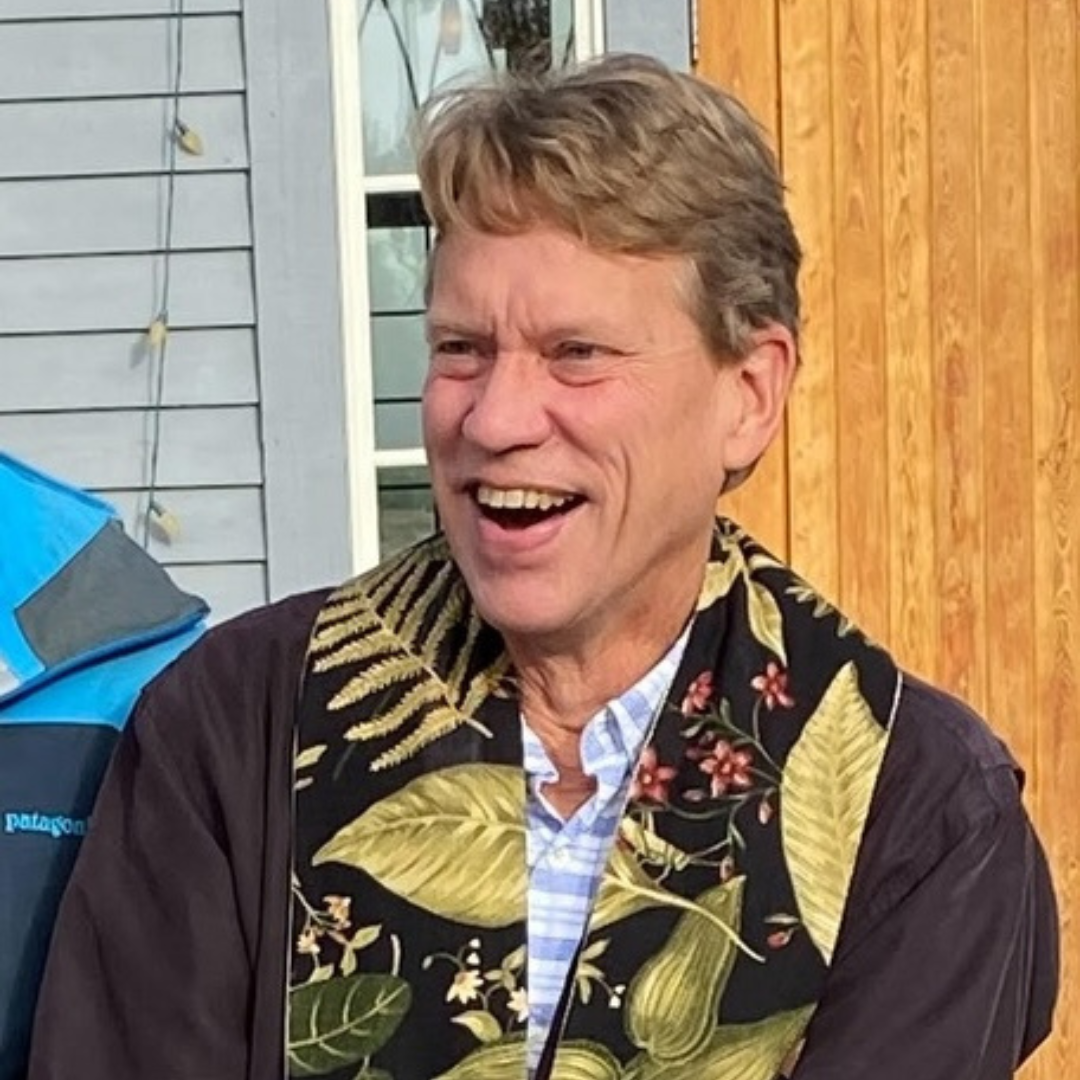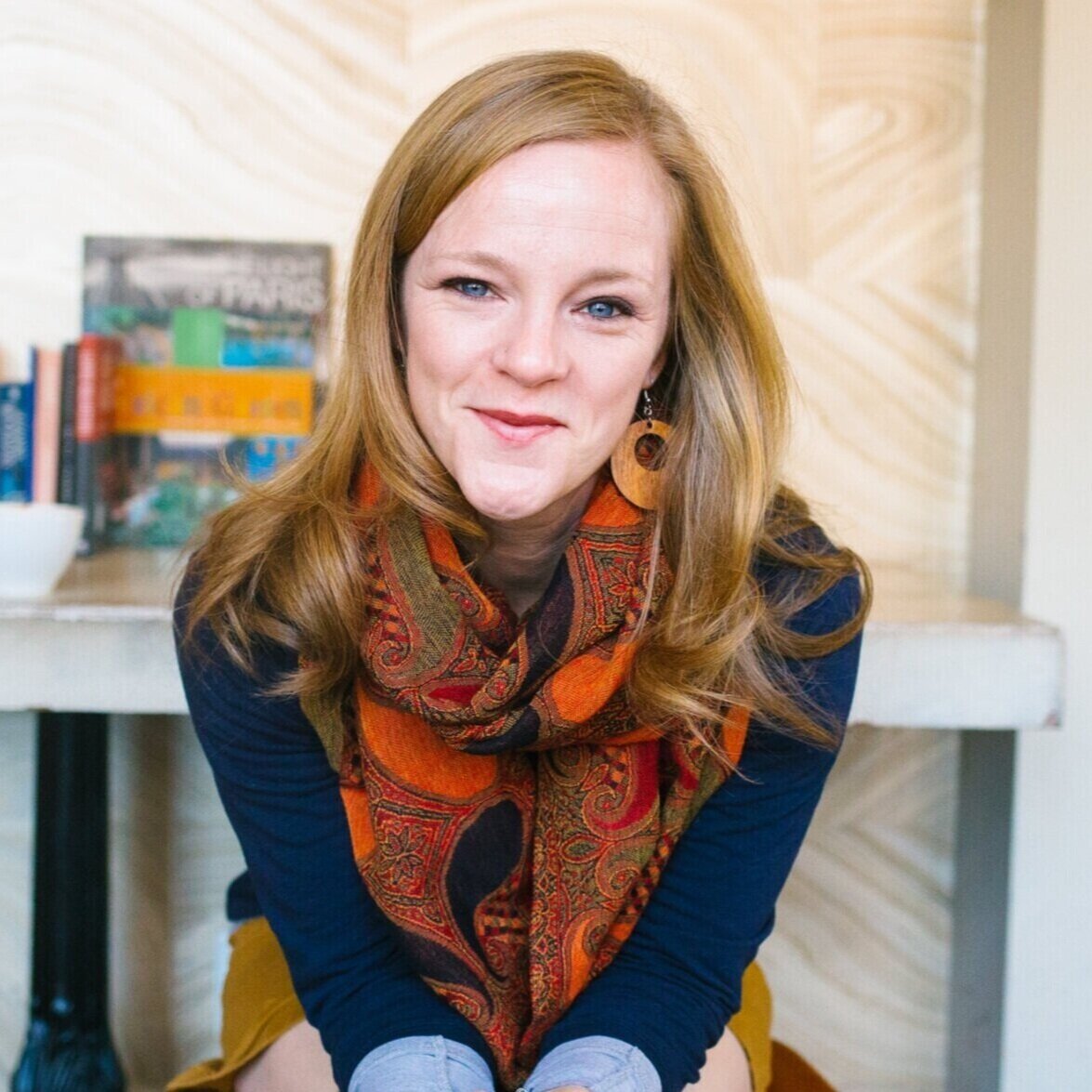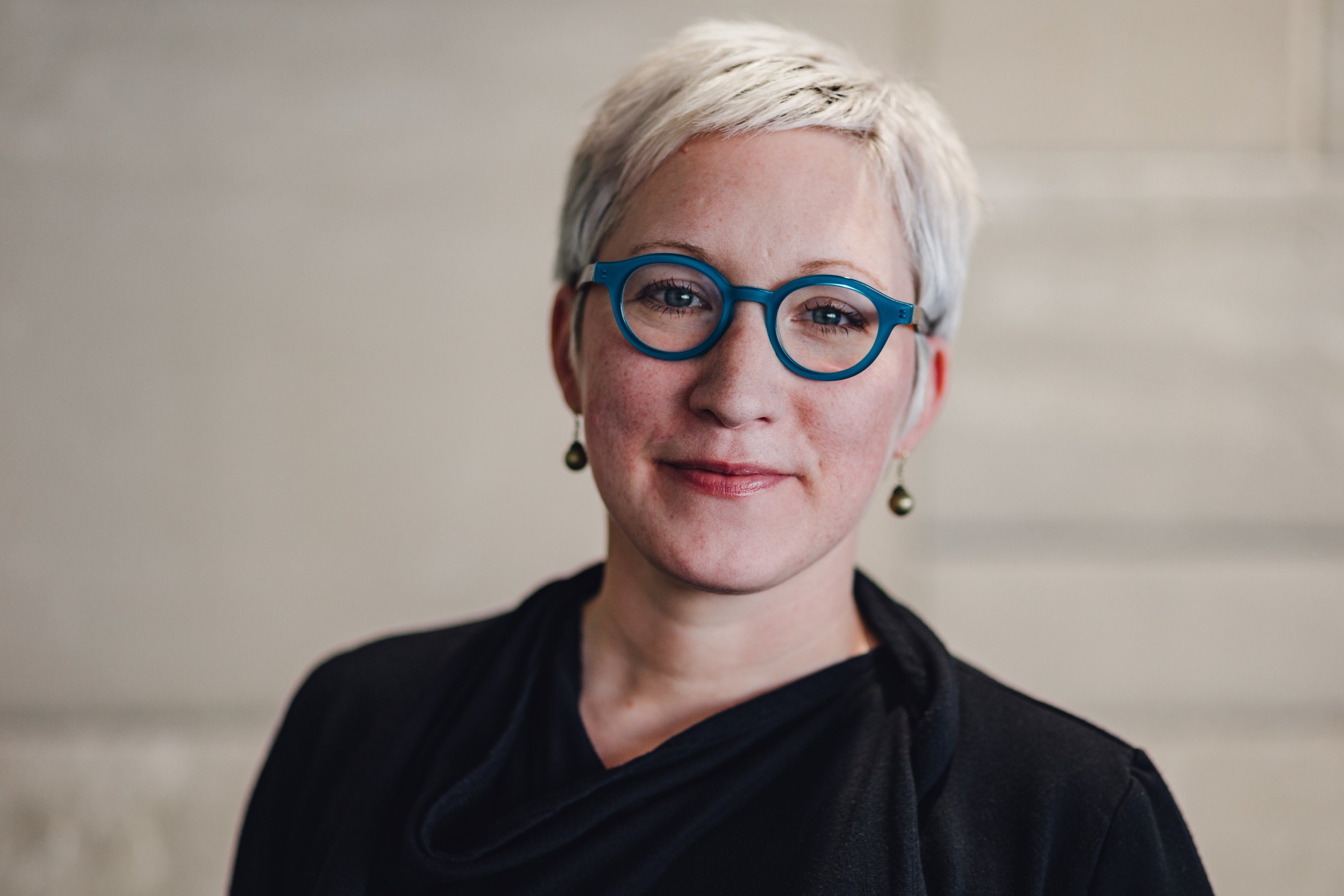Church Anew Blog
Get Updates in Your Inbox
Want to stay up-to-date with the Church Anew Blog? Sign up for our weekly blog round-up.
Praying Without Ceasing at Shepherd of the Mountains Lutheran Church
Becoming alert to our dominant thinking—a barrier to listening to God—is generating a way into new freedoms. Contemplative praying encourages a gracious and compassionate approach to uncovering—gently and patiently removing the obstacles to God’s way for our inner life and for our public life.
Who taught you to hate yourself? From the top of your head to the soles of your feet
What images have disillusioned me into believing that I am unworthy to sit in beautiful spaces with my golden locs, richly melanated skin, and full body? How did I convince myself that the being once called “good” by the creator needs to be transformed into standards enculturated by modern society?
Where is the God of Walter?
I’m not yet sure what to do in a world without Walter. But I know what he’d do—he’d go back to the text. And what do you know? Just like Walter said it would, the Bible has resources for us to think about the crisis of this day.
Letter to the Supreme Court Justices
Through years of theological discernment, prayer, and faithful conversation, the ELCA has affirmed that same-gender couples are fully capable of embodying the love, commitment, and covenant that Christian marriage represents. We marry same-gender couples not in defiance of our beliefs, but in fidelity to them.
Interview with Bishop Brenda Bos, Author of “Refilling the Reservoirs: Spiritual Care for the Exhausted Caregiver”
You are not alone in your struggle. Your spiritual despair makes sense, and God is reaching out. Your feelings are real, your overwhelm is real, and God has something to offer.
Walk the Path with Me: Devotions for Dementia, Part 2
How am I able to live this way? Because I know God is my strength and song.
Speak Comfort To Me: Devotions for Dementia
Sometimes we all need to have space to be sad or angry, or unable to express ourselves. When you have dementia this becomes more difficult to direct... Here is where we can introduce scripture for those who are struggling to communicate.
Agape: Accepting Ego-Sacrifice as a Foundation for Transformative Love
Agape—the radical, unconditional love taught by Jesus—is not merely an abstract virtue; it is a call to sacrifice the ego and accept reality as it is, so that we may love not only those who love us but also our enemies.
God Loves Us Eternally
God’s promises to love us eternally are not just about the future but compel us to live as if love extends beyond the bounds of death.
God Feels Our Mental and Emotional Pain and Suffering
We are learning more and more about mental and emotional health, but as a society, we still have a lot of catching up to do when it comes to sitting with people in mental and emotional pain and suffering.
Different and Wicked
All of us could take a lesson from Elphaba in valuing the lives of neighbors who are too quickly pushed into the background ... or minimized and subjugated by those occupying roles of privilege and authority.
Wait and See Days
What were they waiting to see? [...] Biblical mandates bring us to life, full life. In full life, we can’t not work for the collective good through the giving of tangible and intangible gifts.
Chopsticks and Leviticus
Righteousness, holiness or right living in Leviticus 19 was determined by the sharing of resources as a community, or collective identity.
My Aunt’s Blessing
Who has spoken words over your body?
What words were used to bless?
What words were used to hurt?
Stewardship of Places We Don’t Go
Erin Weber-Johnson writes about how to delve into the past and love versions of ourselves we would rather forget.
Ordinary Time
Rev. Dr. Char Cox reflects upon LGBTQ+ pride and acceptance within the church during Pride Month and Ordinary Time.
Bishop Michael Curry’s Christmas Message
The message of the angel is as scandalous and striking now as it was then. For in it is embedded God’s message in the death and resurrection of Jesus: to trust and believe in the invincibility of the good in spite of the titanic reality of evil, because God is good all the time.
Bishop Michael Curry on his Faith and Health Journey
Prayer seeks the good and well-being of others. It is an act and expression of love as we lift someone or some circumstances before the God whom the Bible says is love. And that is not only a matter of expression. It leads to and undergirds outward action.
EXPLORE OUR ARCHIVE OF ARTICLES FROM
Walter Brueggemann
Get Updates in Your Inbox
Want to stay up-to-date with the Church Anew Blog? Sign up for our weekly blog round-up.















